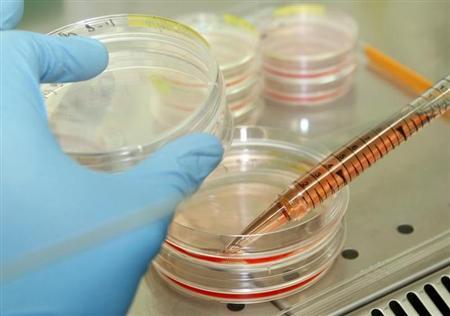
In a latest breakthrough in medical sciences, Indian scientists have created a common drug candidate that will be used in future against two of India's most deadly diseases – malaria and Tuberculosis (TB).
After a successful test of the candidate – a peptide (type of protein) molecule called M5 -- the biologists in Delhi found that the molecule has the capacity to reduce the load of the two diseases by 80%.
However, it will take several years for the scientists to process the molecule into a drug to treat TB and malaria affected patients.
"It is promising, but several years of research is required before we come anywhere close to trying this molecule as a drug. In the next step, we will test this protein in malaria infected mice to see the response," Anand Ranganathan, one of the principal investigators at International Centre for Genetic Engineering and Biotechnology (ICGEB) Delhi, told Deccan Herald.
The molecule M5 has the capability of preventing pathogens from entering human cells by 80% in both the cases and also works effectively against drug resistant-strains of malaria that causes Plasmodium Falciparum parasite.
These two factors in the candidate are of immense help as the drugs present today do not fight back pathogens, thus creating a major public health concern in the nation.
As TB has taken 1.3 million lives and malaria 207 million globally as of 2012, the team that found the molecule is working to modify it to a medicine as soon as possible.
"We were looking at an universal target and found M5 is promising. We will keep on modifying the molecule," one of the team members from Jawaharlal Nehru University (JNU) Gobardhan Das said.
A team of Ranganathan, Das, Pawan Malhotra of ICGEB and several other young researchers from All India Institute of Medical Sciences (AIIMS), ICGEB and JNU have contributed to the discovery of the M5 molecule.

















